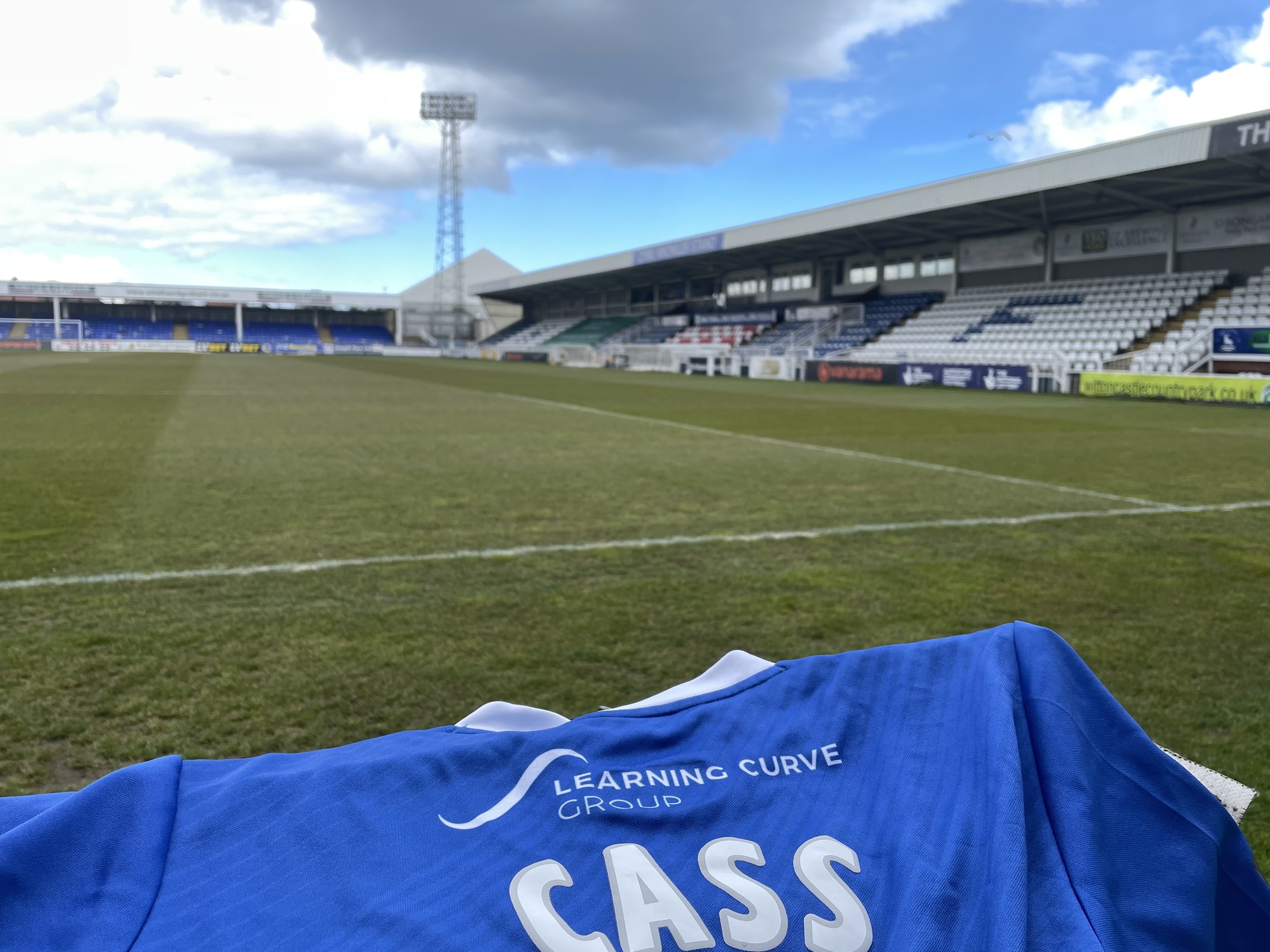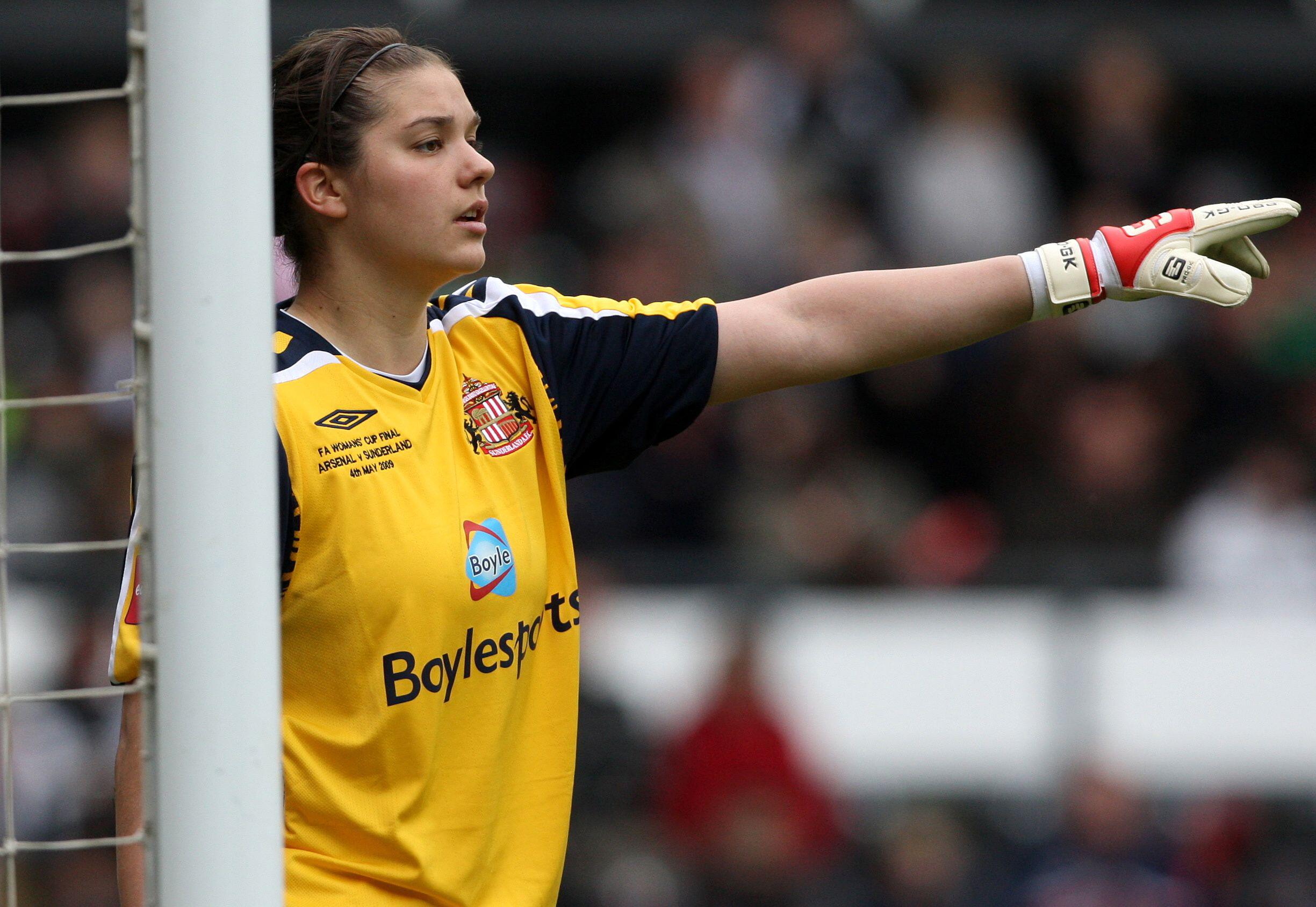North East coaches have quashed Former Wales striker Iwan Roberts’ views on under 10s being banned from heading footballs saying it has “come out of the blue”.
However, youth team coaches in Tyne and Wear have admitted there are pros and cons to the claims that have been supported by the University of Stirling in EBioMedicine.
The study identified that after a player had headed a ball 20 times, their memory was reduced between 41 per cent and 67 per cent in the 24 hours following the heading of the ball.
Ian Wilkinson, 46, manager of South Shields Roma Under 11s shared his concerns but insisted children would miss two or three vital years experience if they’re not heading the ball.
“It’s something that we don’t actually do in training, the children have naturally taken it up themselves during a game,” he said.
“It’s so early into its research, it’s one that I’m not too sure about but you still need to be wary of it”.
As yet the university study is unable to confirm or deny whether the changes to the brain were temporary after repeated headers or if they were long-term consequences on brain health.
However, the study has forced the Football Association to open their own investigation into the possible links between football and brain diseases.
And this follows on from the death of former England and West Bromwich Albion striker, Jeff Astle, who died from brain trauma in 2002.
“I don’t think it could cause changes to the brain,” said Robert Blackburn, 31, manager of Boldon Colts Athletic Under 11s.
He went on to say that if a ban was to take place in the UK it would stop children wanting to get involved as it would make the game boring for them.
“It has come out of the blue, I don’t know how you would prove it”.
Kevin Clift, 28, secretary of Lanchester Cricket Club in Durham added: “In an old generation of football there could be an argument for it but definitely not in the modern day game.
“If there was a strong enough argument for it then I would back it, but I would hate to see that come out of the game because it’s a very passionate part of it.”



